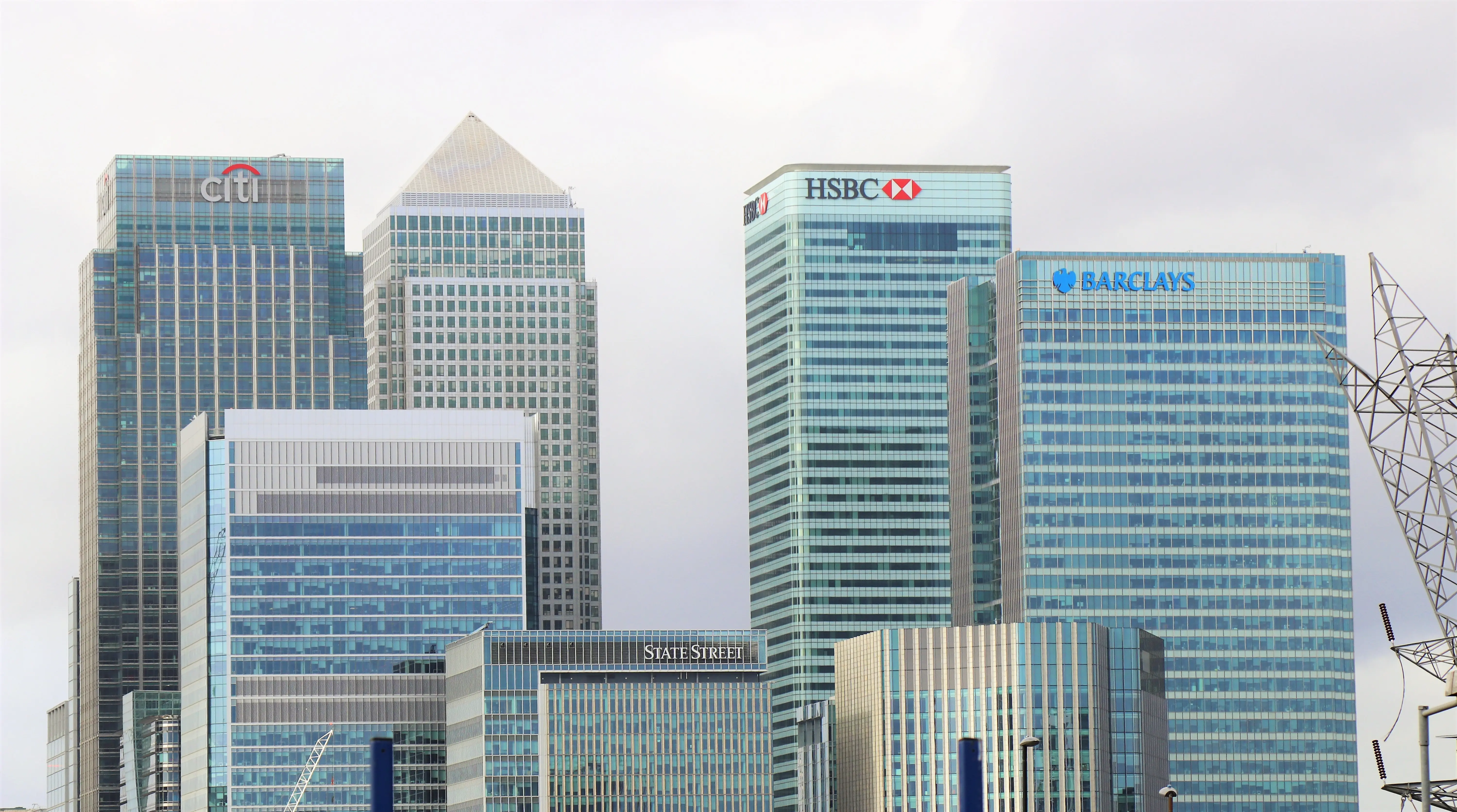The Bretton woods institutions are the World Bank and International Monetary Fund, set up at a gradual meeting of 43 countries in Bretton Wood, New Hampshire, in the United States. The institution aimed to help rebuild the interfered postwar economy and significantly promote international economic cooperation. It was based on the disintegration of a global rules-based economic order to reaffirm the benefit for all countries of internationally accepted ideas coming together to reinvent the institutions to manage those rules. Therefore, the paper aims to explain the United States’ decision to help create the Bretton woods institutions after World War II from a different perspective: Neomercantilism, liberal and historical Materialist perspective.
Neomercantilism perspective
The neo mercantilist’s perspective focuses on the security issues and military aspects of power and accepts realism’s primary tenants. For instance, the State’s competence for power makes the country primarily through military means to grow and control resources and wealth. With stable conditions, the economy can be an essential arena for power competition. For example, the current tension between the United States and China around information technology and electronics, such as Huawei, has resulted from strategic industries’ neo-mercantilist ideas. They need to preserve the national sovereignty where the relation between the State and firms should emphasize economic growth and manufacturing to promote export and decrease import (Cohn et al., Chap. 3). Also, security issues were the nature and purpose of international relations between the states to come together for relative gains. The State focused on absolute growth where every State was concerned about their improvements and less concerned about others’ progress. With liberal and neo-mercantilist having a different view of building equal exemplify outlook where the IMF and World Bank came up with the idea of benefitting all states that adhere to their liberal guideline. For instance, the Bretton Wood institution’s powerful State shapes the rules to fit its national interests. For example, United States continues to provide funding to the IMF, and World Bank is to make it retain its veto power in the Bretton woods system.
The IMF was created to stabilize exchange rates and give loans to member states. The members had to tie their currencies to the US dollar or gold. Federal banks around the world were issued with the dollar for foreign exchange. From a neo merchant perspective, this consolidated US political and economic power. The currencies of many countries were only as valuable as they were held to the dollar, which was set against the value of gold. Today, even after abolishing the gold standard, the world’s currency of choice for foreign exchange is still the dollar.
During the formation of the IMF, voting was weighted, and members’ quota was given in terms of total contribution to the IMF resources. Currently, the US holds at least 16.75% of voting power in the IMF, which is the most for any G5 country. Efforts to enact the 2010 ratification in which some of the votes were to be redistributed to growing economies were thwarted by the American house, which means that the US maintains veto power.
Liberal Perspective
Liberalism is the vital perspective in most states’ international economic organization and policies that the liberal principal influences. It is important to note that liberals support government involvement in the market to prevent inequalities and stimulate growth among the states. Like the Neo-mercantilists view on the world in terms of economic class, liberals deal with a high range of actors and levels of analysis where it looks at the factors that might cause slow economic growth. With the relevant concern of liberals on IPE, the three types of liberalism, such as Orthodox liberals, interventional liberals, and institutional liberals, help boost the market’s freedom to function with minimal interference from the State. The intervention liberal suggests that the government is more involved in promoting justice and equality in a free market that will see the institutional liberal favor strong international growth of institutions such as the IMF and World Bank (Cohn et al., chap.4). The liberal perspective places considerable emphasis on building domestic and international interactions where the State has a right to develop protected views such as labor unions and churches. For example, orthodox liberal Adam Smith argued “that society’s welfare depends on individual interest to pursue his or her interests. These feudalism and capitalism classes show the IMF’s purpose and the World Bank’s international economic relations to uphold liberal economic principles. For example, the World Bank and IMF provided the structures for the state adjustment to indebted LDCs and imposing neoliberal policies for greater openness to trade and foreign investments. The principles play a vital role in benefiting the states through global economic interaction that mutually helps every State. Therefore, every state gain from financial relationships, even if is not on equal capacity.
With economics and politics as a separate sphere of activities, the government must develop an open environment of making every individual and private firm express their economic preferences. For instance, the government provision of adequate infrastructure and national defense to facilitate production and transportation will create a free market and comparative advantage to everyone benefits. According to Keynes’s who, in contrast to orthodox liberal, argues that the government’s economic adjustment led to unemployment, he suggests that the government prioritize curbing unemployment. He goes on to suggest that limits on imports sometimes are justifiable in creating domestic employment. However, the American government was dominant in Keynes’s position since it was to make Britain bankrupt. Therefore, the United States’ idea of creating Bretton wood institution was an essential idea, which helped build the economic stability that saw British and America depend on each other, leading to the world economic growth.
Interventionist liberals believe that the North’s economic assistance to the South should not be the only focus in international transactions. Interventionists argue that there are great sources of inequalities that need to be identified and addressed in the South in order for the North to secure their own prosperity in the future. They argue that such intervention or help is given to the South because of self-interest and increasing interdependence. They have proposed the additional IMF and World Bank financing to indebted LDC and have asked for the removal of trade barriers to allow free trade and boost the LDC industrial sectors.
Historical Materialistic Perspective
Another significant perspective is used to summarize Marxist thought, which examines the structural changes in socioeconomic class. Marxists believed that socioeconomic class is the main factor affecting economic and political order. This is due to the production relationship among the classes of feudalism and capitalism, where the society is exploited with both nonproducing and class producers. The exploitation of the two categories comes from the fact that the capitalist class benefits from their profit (Cohn et al., chap.5). Nevertheless, the feudalists get their earnings from their immediate labor, which earns the government with dominant capitalist depend on them for everything in the longer term. According to Marx and Engel, the contradiction within capitalism can contribute to economic instability as productivity will increase while purchasing power will decline. With the decline in purchasing, the capitalist class will collapse. Marx’s description of history as a dialectical process full of contradictions between the economic mode of production and the political system brought a change in economic growth. As when the production is resolved, the method and relation of politics also change. However, the liberal concept of technological advancement as natural human drives for economic progress is different from Marxists who see them as “historically specific impulses of capitalist development.” Therefore, the two agree that technology is driven by capitalist competition, but the difference is the outcome. The advancement in capitalism led the United States to create Bretton wood institutions as they wanted an open trading system to increase their economic power. With Keynes and Marxist policy ideas, the United States and Britain started a new approach to boost the global economy. For example, the World Bank and IMF measures to significantly affect state behavior and create international environmental policies for trade helped the Breton Woods system’s growth.
Historical Materialistic perception can easily be seen in the motive and conduct of affairs in the Breton Woods institutions. The IMF was initially formed to assist European countries to access loaning facilities after the Second World War. The intention of forming the IMF was initially not assisting developing countries in achieving equity with the North. IMF voting was based entirely on a weighted vote, in which member states with the highest resource contribution to IMF had a larger quota of votes, which created an imbalance of power and ultimately gave the US veto rights. This imbalance ensures that only the interests of the larger G5 countries are secured during IMF deliberations. Loans from IMF are also given to Developing Countries steeped in conditions. IMF loans are granted to these countries on condition that they satisfy certain conditions proposed by the IMF, which is demeaning to these countries. The GATT was concentric on American and European interests. International trade policies were discussed in a manner that ensured powerful states secured deals that were beneficial to their own countries at the expense of other states, which is seen in the principle of reciprocity.
In conclusion, the Bretton wood institution’s creation after World War II has helped change the world economy by building a stable political environment. From the three perspectives, Bretton wood was a noble idea that brought global economic stability through trade and the industrial revolution. Therefore, the creation of the institution also ensured exchange rate stability and promoted economic growth.
Work Cited
Cohn, Theodore H., and Anil Hira. Global political economy: Theory and practice. Routledge, 2020.









